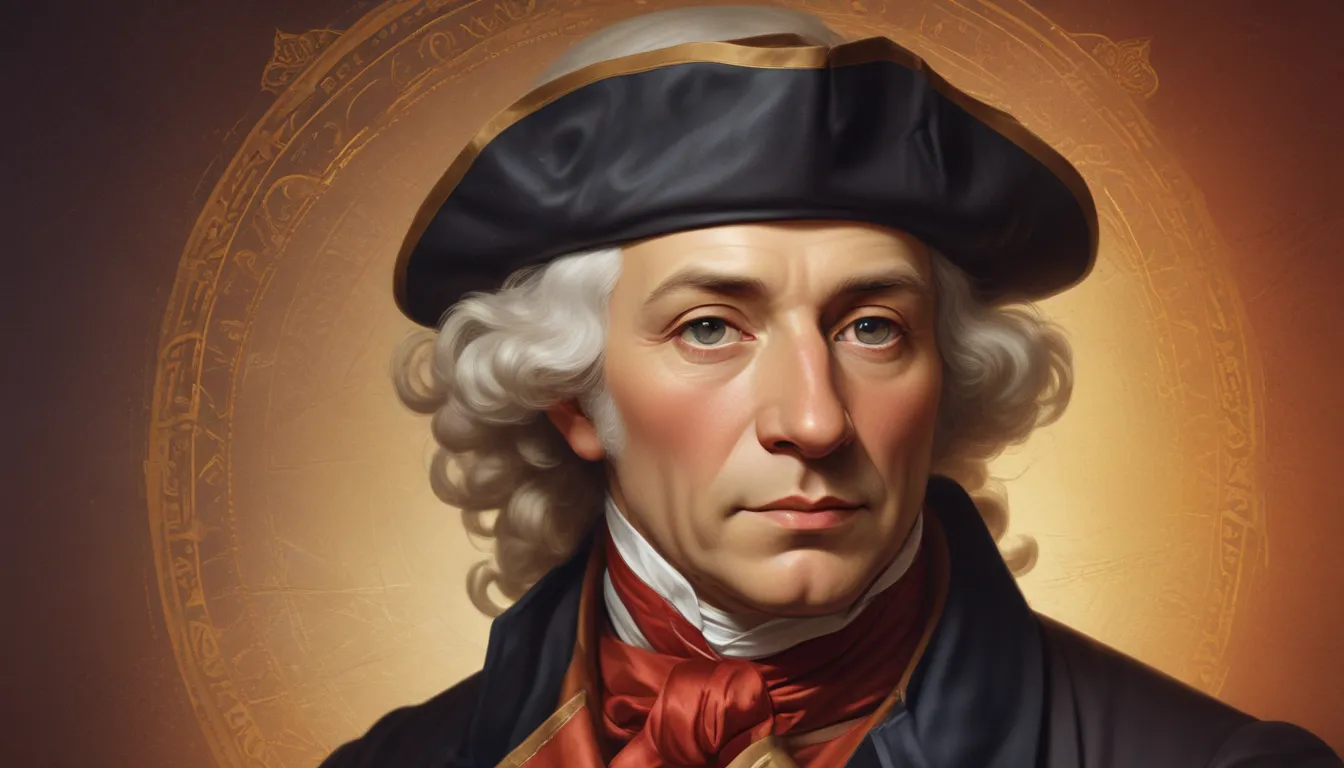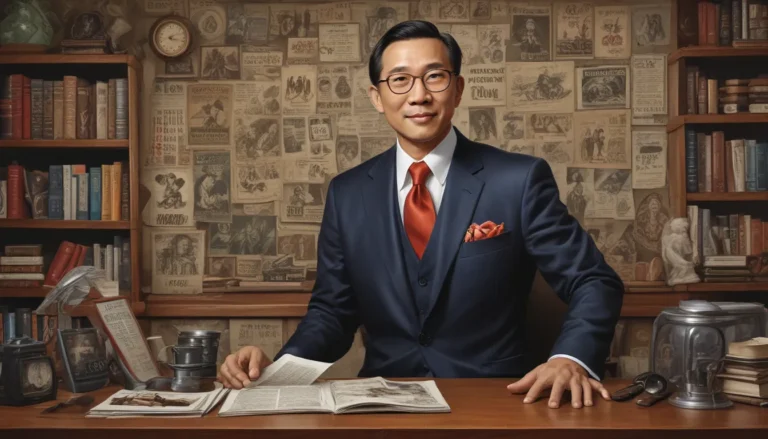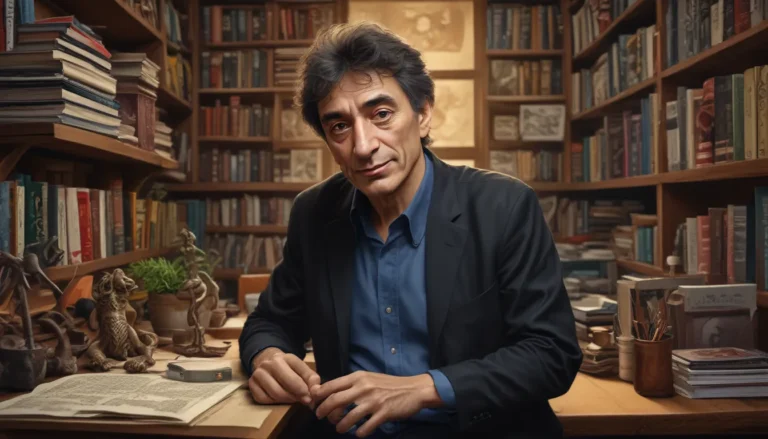The images in our articles may not match the content exactly. They are used to grab your attention, not to show the exact details in the text. The images complement the text but do not replace it.
Charles-Augustin de Coulomb, a renowned French physicist and engineer born on June 14, 1736, in Angoulême, France, dedicated his life to unraveling the mysteries of electromagnetism. His groundbreaking experiments and fundamental laws continue to shape our understanding of electricity and magnetism, laying the foundation for modern-day physics. In this article, we will delve into 14 intriguing facts that showcase the brilliance and lasting legacy of this remarkable scientist. From his early education to his diverse career and the impact of his work on modern physics, join us on a journey through the fascinating life of Charles-Augustin de Coulomb.
Key Takeaways:
- Coulomb’s work in electromagnetism revolutionized our understanding of electricity, with concepts like Coulomb’s Law and electrical capacitance shaping modern electrical theory.
- Despite not receiving recognition during his lifetime, Coulomb’s research influenced the development of electrical engineering and inspired future scientists, leaving behind a lasting legacy in the scientific community.
Charles-Augustin de Coulomb: A Pioneer in Physics
Charles-Augustin de Coulomb, a French physicist and engineer, made significant contributions to the field of electromagnetism. His work laid the groundwork for modern-day electrical theory, revolutionizing our understanding of the forces that govern the interaction between charged particles.
The Revolution of Coulomb’s Law
Coulomb’s Law, formulated by Charles-Augustin de Coulomb, describes the electrostatic force between charged objects. This law states that the force is directly proportional to the product of their charges and inversely proportional to the square of the distance between them. It is a fundamental principle in the study of electrically charged objects.
Meticulous Experiments on Friction and Static Electricity
Coulomb conducted extensive experiments on friction and static electricity, measuring the forces of attraction and repulsion between charged objects. His meticulous approach furthered our understanding of the nature of electricity and the impact of friction on electrical charges.
The Invention of the Torsion Balance
One of Coulomb’s notable inventions was the torsion balance, also known as the Coulomb balance. This device allowed him to accurately measure the forces of repulsion and attraction between charged objects, facilitating precise experiments on electrostatics.
Pioneering Concept of Electrical Capacitance
Charles-Augustin de Coulomb quantified the concept of electrical capacitance, which measures an object’s ability to store an electric charge. This groundbreaking work laid the foundation for the development of capacitors, essential components in modern electronic devices.
Exploration of Magnetism Laws
In addition to his contributions to electrostatics, Coulomb delved into the laws governing magnetism. He established mathematical relationships that govern the force and behavior of magnets, expanding our understanding of magnetic fields.
The Legacy of the Coulomb Unit
The unit of electric charge, the coulomb, is named after Charles-Augustin de Coulomb in recognition of his significant contributions to electromagnetism. One coulomb is equivalent to the charge carried by approximately 6.24 x 10^18 electrons.
Influence on Electrical Engineering
Coulomb’s discoveries paved the way for the development of electrical engineering, unraveling the fundamental properties of electrical charges. His principles and laws are still applied in the design and advancement of electrical systems and devices.
A Diverse Career Path
Prior to his scientific pursuits, Coulomb served as a military engineer in France. His background in engineering provided him with a solid foundation for his later scientific endeavors, allowing him to bridge the gap between theory and practical applications.
Recognition Posthumously
Despite his groundbreaking work, Coulomb’s contributions were not widely recognized during his lifetime. It was only after his death that his impact on the field of physics became fully acknowledged, solidifying his position as a pioneer in modern physics.
Influence on Future Scientists
Coulomb’s laws and principles had a profound impact on other notable physicists, including Michael Faraday and James Clerk Maxwell, who built upon his work and made significant advancements in electromagnetism. His research continues to inspire and guide aspiring scientists worldwide.
Beyond Physics: A Multifaceted Innovator
While famed for his contributions to physics, Coulomb also made significant advancements in mechanics and engineering, exploring a wide range of scientific topics and publishing numerous papers that expanded the boundaries of human knowledge.
Inspiring a New Generation of Scientists
Today, Charles-Augustin de Coulomb’s legacy serves as a source of inspiration for young scientists around the globe. His pioneering spirit and relentless pursuit of scientific inquiry have left an indelible mark on the world of physics, encouraging future generations to explore the frontiers of science.
Coulomb’s Enduring Principles
The principles and laws established by Charles-Augustin de Coulomb continue to form the bedrock of our understanding of electricity and magnetism. His work provides a framework for comprehending the behavior of electrical charges and magnetic fields, shaping the course of modern physics.
FAQs
-
Who was Charles-Augustin de Coulomb?
Charles-Augustin de Coulomb was a French physicist, engineer, and military officer known for his groundbreaking work in electromagnetism. -
What is Coulomb’s Law?
Coulomb’s Law states that the force between two charged objects is directly proportional to the product of their charges and inversely proportional to the square of the distance between them. -
What were Coulomb’s major contributions to physics?
Coulomb made significant advancements in the study of electrical charges, friction, and magnetism, laying the foundation for modern electromagnetism. -
Was Coulomb only a scientist?
No, Coulomb had a diverse background as an engineer and military officer, blending practical expertise with scientific knowledge. -
How did Coulomb’s work impact the field of physics?
Coulomb’s work revolutionized the study of electromagnetism, influencing future advancements in the field and establishing fundamental principles still in use today.
Charles-Augustin de Coulomb’s extraordinary contributions to the world of physics continue to inspire awe and admiration. His relentless pursuit of scientific knowledge and pioneering discoveries have left an indelible mark on the field of electromagnetism. As we unravel the legacy of this remarkable scientist, we gain a deeper appreciation for the profound impact his work has had on our understanding of the physical world. Through his experiments, inventions, and mathematical formulations, Coulomb has shaped the course of modern physics, leaving behind a legacy that will continue to inspire future generations of scientists.
Unravel the mysteries of electromagnetism with Charles-Augustin de Coulomb, a visionary physicist whose work continues to shape our understanding of the universe.






